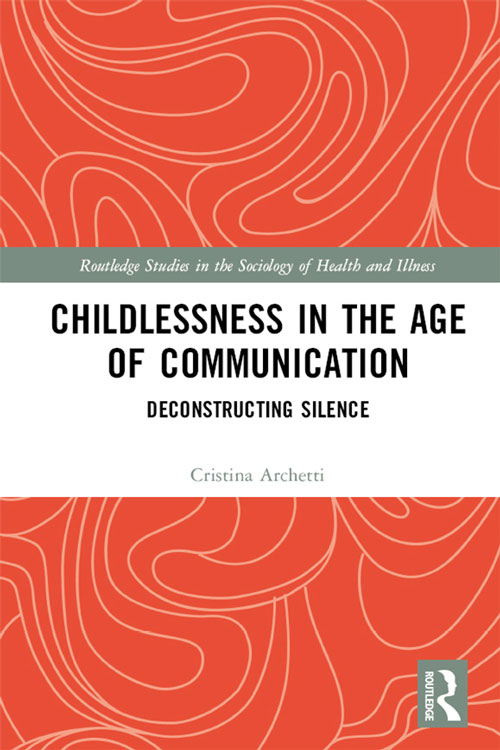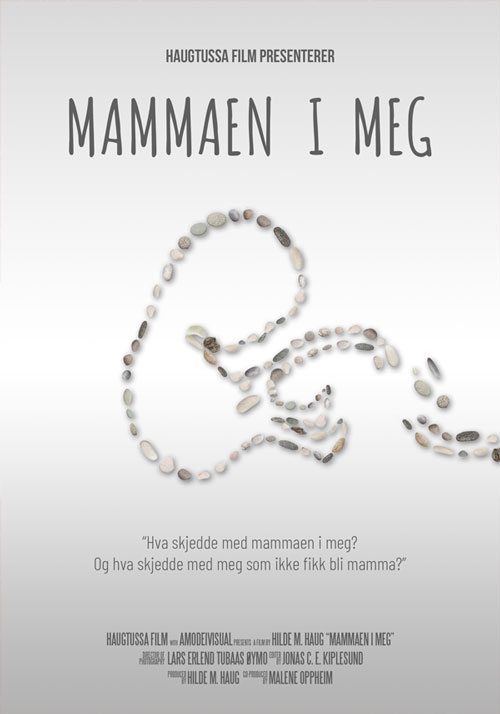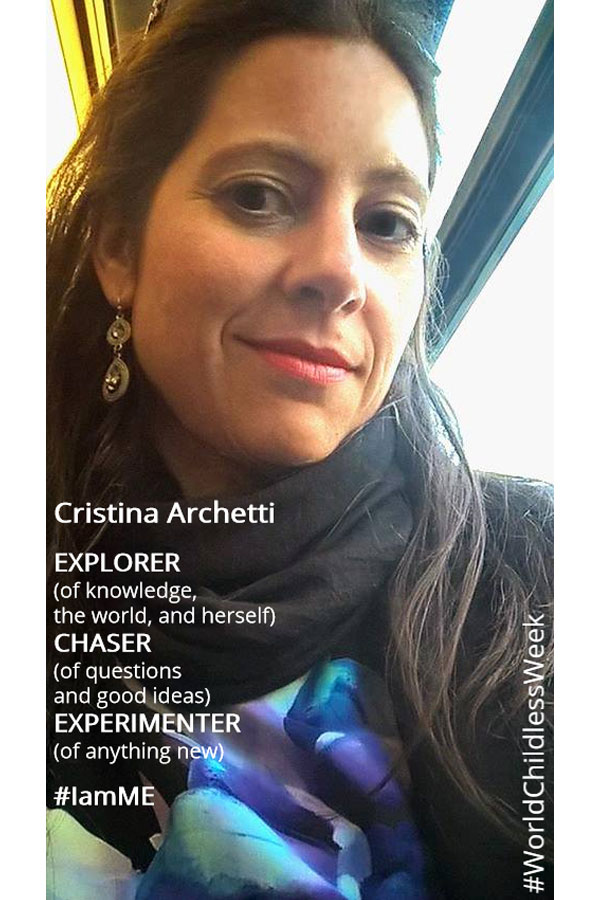Media
Public engagement
A selection of my work and media engagements, particularly related to the trauma of infertility and involuntary childlessness.
Book
Childlessness in the Age of Communication: Deconstructing Silence (Routledge, 2020).
In this book I combine intimate reflections about the existential questions posed by involuntary childlessness with engaging research on how and why there is so much silence around this topic.
Research articles
Infertility as Trauma: Understanding the Lived Experience of Involuntary Childlessness. In this article I make the point that infertility, to those who are affected by it, is much more than whether one manages (or not) to have a child: it can be a source of trauma. I deals with the questions: Why is infertility a source of trauma for some, but not for others? What does it take to heal it?
Culture, Medicine, and Psychiatry (2024).
Download it for free here.
No life without family: Film representations of involuntary childlessness, silence and exclusion. International Journal of Media & Cultural Politics 15(2):175-196 (2019).
A draft is freely accessible here.
Newspaper article
Childlessness: Our very existence is being denied. Aftenposten, 27 June 2020.
Documentary
I am one of the characters in the documentary on involuntary childlessness “The mum in me [Mammaen i meg]” by Norwegian director Hilde Merete Haug (2023, Haugtussa Film/AmodeiVisual).
This film bravely breaks the taboo around involuntary childlessness. It reveals with sensitivity and understanding not only the far-reaching consequences that not having children has on a woman’s life, body and identity, the grief and pain it causes. It also deals with finding one’s place in a life that was never planned that way, the strength we can find inside ourselves, despite all, to survive and thrive regardless.
Theatre performance
Embodied (written and performed by Cristina Archetti; Art consultant: Camilla Eeg-Tverbakk). Video of a performance about involuntary childlessness that deals with the questions: What does it mean not to have children in a society that is organized around families? How do we uncover the stories that are silenced? How to tell the stories that are written in our bodies? How to communicate what cannot be conveyed by words?
It ran as part of the Norwegian International Storytelling Festival (Oslo, 12-15 April 2018).
Invited speaker
“When words can heal: Why we need to talk about involuntary childlessness.” Video of my talk at the 40th anniversary of Ønskebarn, a Norwegian association for the involuntarily childless.
Recommended reading
Do you want to learn more about trauma and its repercussions? Here are some helpful sources
Broughton, Vivian (2021) Trauma and identity: Identity Oriented Psychotrauma Therapy – Theory and practice. Steyning: Green Balloon Publishing.
Fisher, Janina (2017) Healing the fragmented selves of trauma survivors: Overcoming internal self-alienation. London: Routledge.
Gendlin, Eugene (2003 [1978]) Focusing: How to gain direct access to your body’s knowledge. London: Rider.
Levine, Peter (2010) In an unspoken voice: How the body releases trauma and restores goodness. Berkeley, CA: North Atlantic Books.
Maté, Gabor (2019) When the body says no: The cost of hidden stress. London: Penguin Random House.
Menakem, Resmaa (2017) My grandmother’s hands: Racialized trauma and the path to mending our hearts and bodies. Las Vegas: CRP.
Miller, Alice (1979) The drama of being a child: The search for the true self. London: Virago.
Ruppert, Franz (2008) Trauma, bonding & family constellations: Understanding and healing injuries of the soul. Steyning: Green Balloon Publishing.
Schwartz, C. Richard (2021) No bad parts: Healing trauma and restoring wholeness with the Internal Family Systems model. Bolder, Colorado: Sounds True.
Van der Kolk, Bessel (2015) The body keeps the score: Mind, brain and body in the transformation of trauma. London: Penguin Books.
Vaughan Smith, Julia (2019) Coaching and trauma: From surviving to thriving. London: Open University Press.





